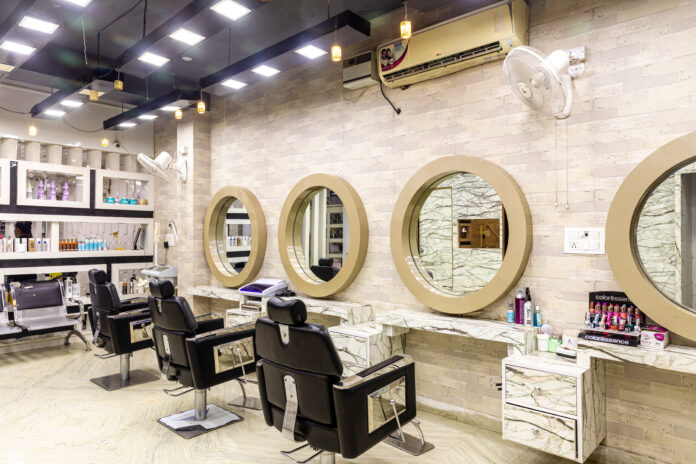The Afghan authorities have banned women’s beauty parlours but have not given a reason why.
A spokesman for the Islamic Emirate’s Virtue and Vice Ministry, Muhammad Sadek Akif, did not give details of the ban but confirmed the content of a letter circulating on social media.
The ministry’s letter, dated June 24, says it conveys a verbal order from the IEA leader, Sheikh Hibatullah Akhunzada.
The ban targets the capital, Kabul, and all provinces, and gives parlours across the country a month’s notice to wind down their businesses. After that period, they must close and submit a report about their closure.
Muhammad Sadek Akif Muhajir told the AFP news agency: “Once they are closed then we will share the reason with the media.”
Last week, during his Eid address, Sheikh Hibatullah said since the IEA came to power the Islamic system has been restored and preserved; Shari’ah law has been implemented; independence, security, and economic self-sufficiency has been attained; and women have been protected.
He said: “Under the rule of the Islamic Emirate, necessary measures have been taken to save women from forced marriage and other traditional oppressions, including giving them away in badu, and all their Shariah rights have been secured. As a part of the society, important measures have been taken for the reformation of women, hijab, chastity, avoiding mixing and providing a happy life under the shadow of Islamic Sharia.
Subscribe to our newsletter and stay updated on the latest news and updates from around the Muslim world!
“The negative effects of the 20-year occupation related to women’s hijab and misogyny are about to end. With the issuance of the six-article decree on women’s rights, the status of women as a free and honourable human being has been restored and all institutions have been obliged to help women in securing marriage, inheritance and other rights.”
Since coming to power in August 2021 the Islamic Emirate has been gradually implementing laws which they say conform to Islam’s rulings on gender issues.
For example, women are barred from going on longer distance journeys without a mahram and girls and women have been barred from schools and universities.
While some women still work in sectors such as healthcare and education, most were told not to go to work after the Islamic Emirate was established.
And in May last year a decree was passed ordering women to wear the Islamic face veil in public, although some in urban areas are still failing to comply.
Western diplomats have indicated to the authorities that resuming development funding for a country in deep economic crisis “depends on the treatment of women improving.”



















